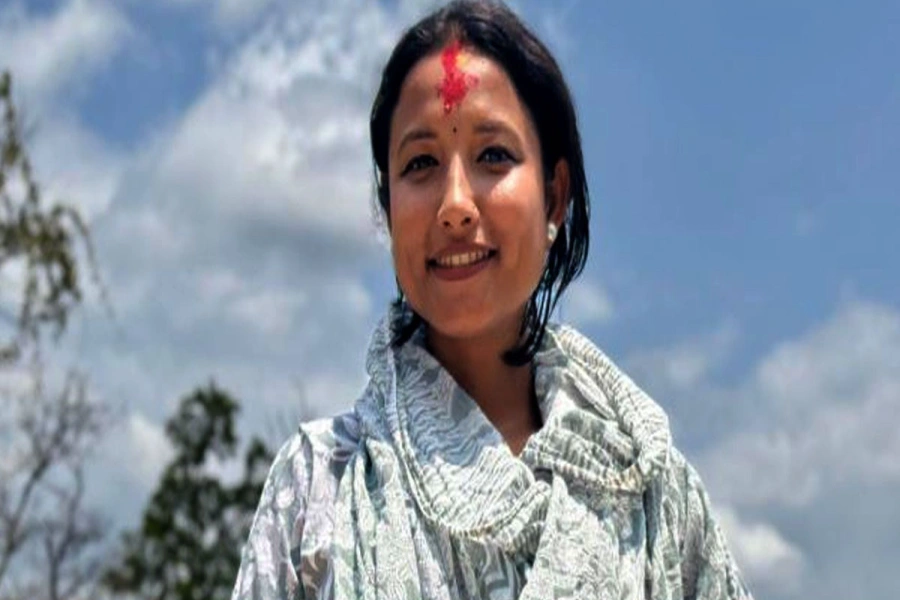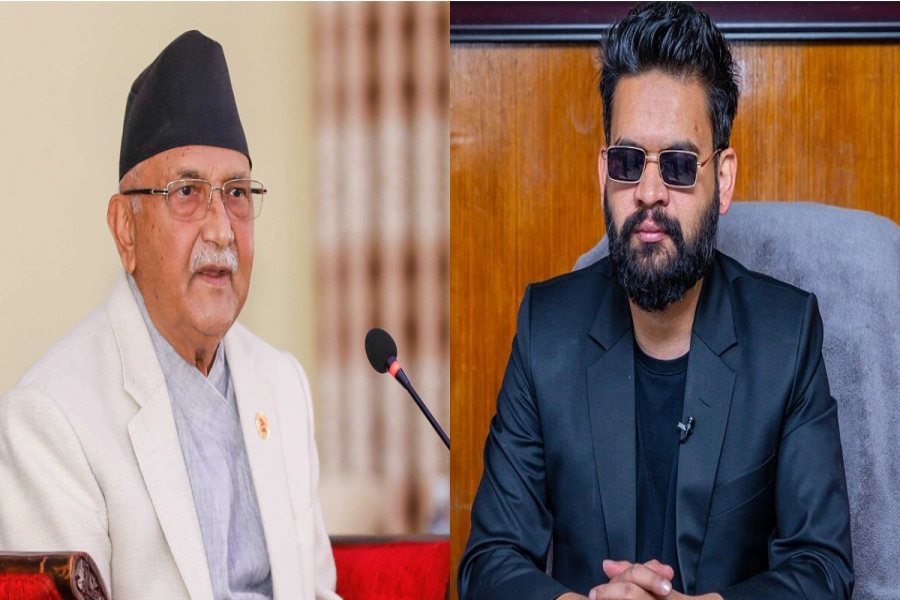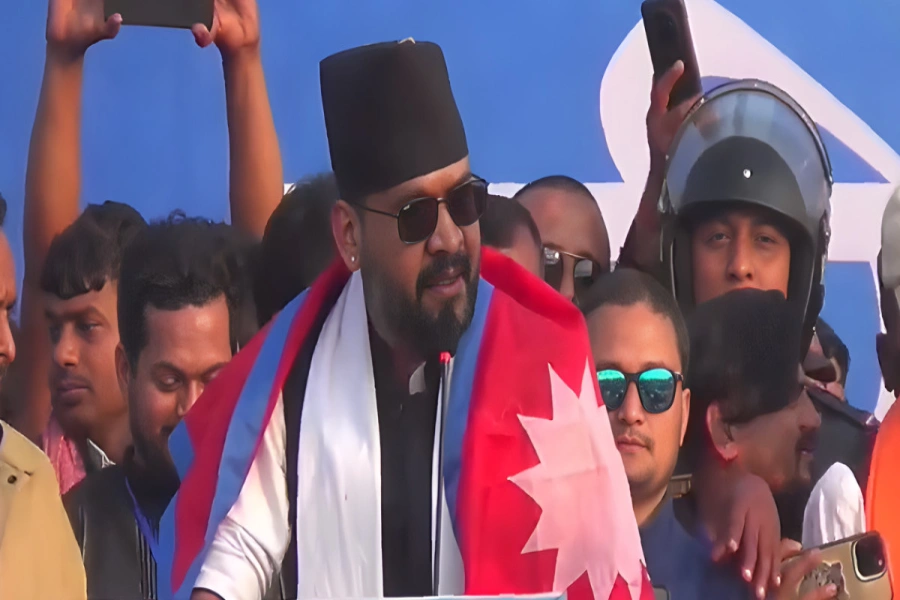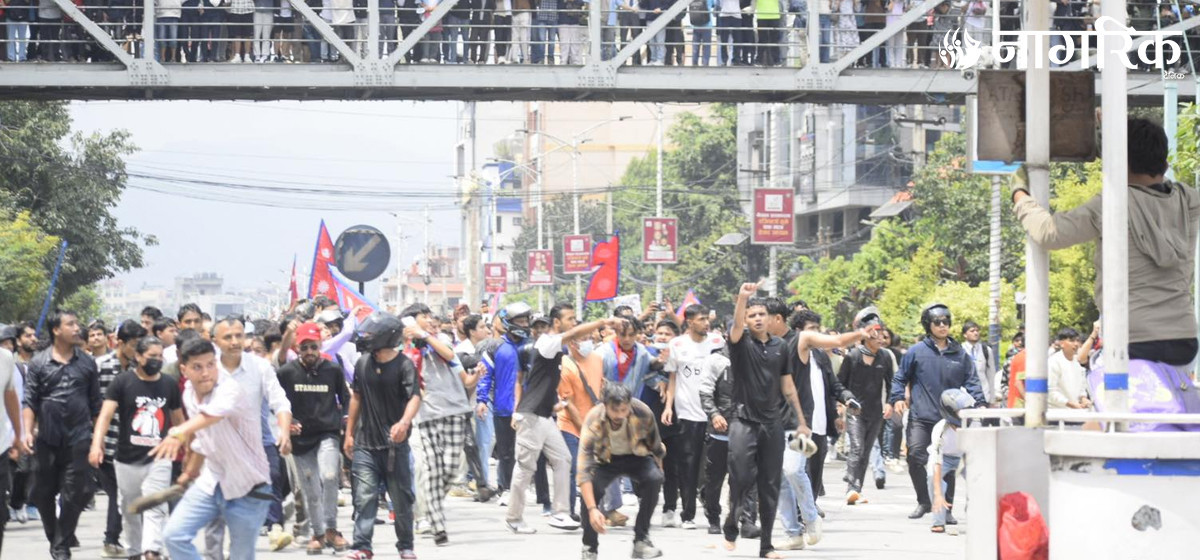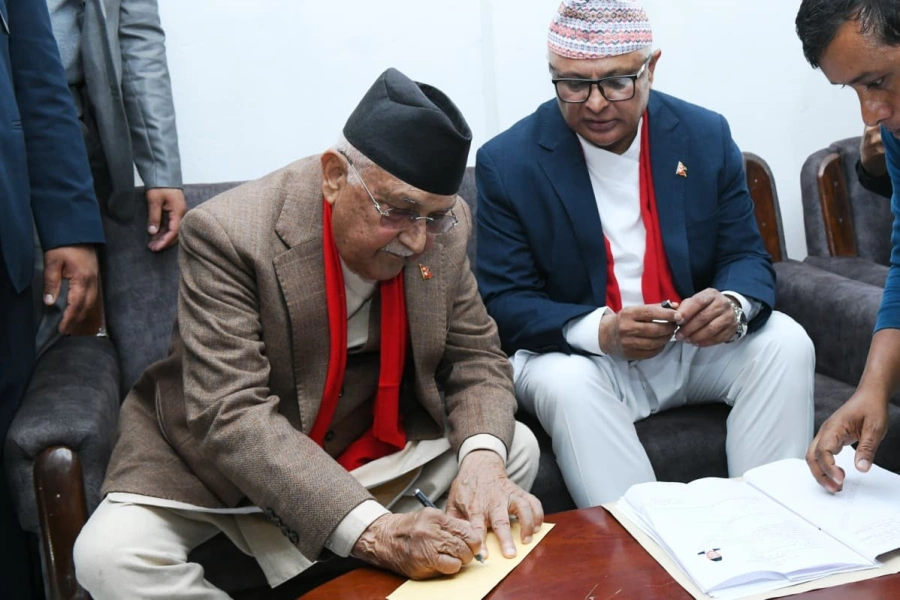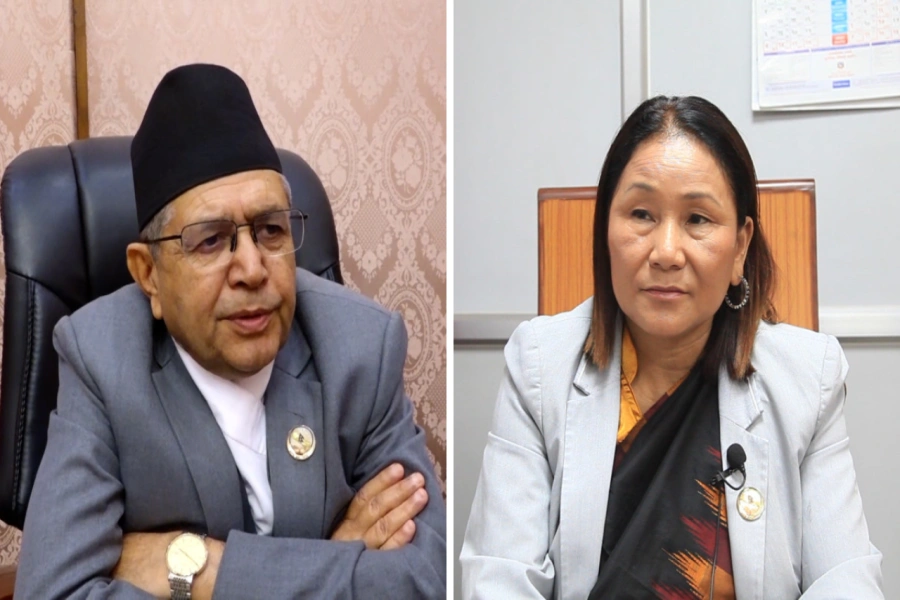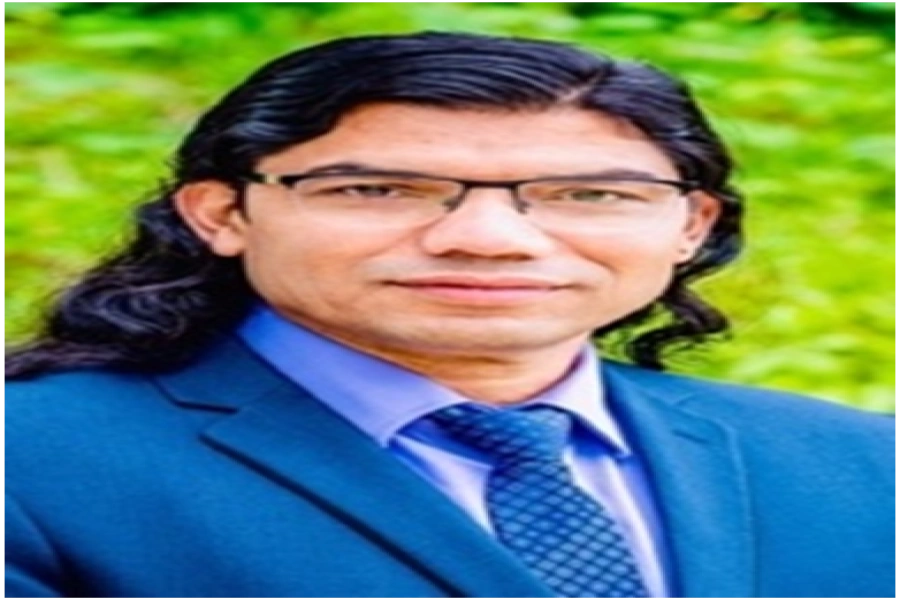In the heat of Sri Lanka’s Presidential Election, the politicians’ favorite ‘F-word’ has once again resurfaced for the umpteenth time. The ‘F-word’ in question, of course, is federalism. During a ‘courtesy meeting’ between Ilankai Tamil Arasu Kadchi (ITAK) leader Mavai Senathirajah and incumbent President Ranil Wickremesinghe. It was reported that during the discussion, Senathirajah proposed that introducing a federal system in Sri Lanka would address the deep-rooted political and other issues affecting the Tamil people, ensuring equal rights for all citizens and promoting coexistence and reconciliation. For decades, federalism has been used as a tool by politicians in both the North and South for political gain during election seasons. Each time the conversation has arisen, it has only resulted in disappointment, not very different from the discussion on abolishing the executive presidency. Federalism is a method of political organization that unites separate States or other policies within an overarching political system. This way, the system of government in a territory is controlled by two levels of government: the overarching national government and the smaller subdivision to govern the issues of provinces or States. The system has been proven effective in many democracies around the world, from the USA to Germany and neighboring India. However, whether introducing it to Sri Lanka is questionable.
Most countries that implement a federal system have territories that stretch across a vast geographic area. For these nations, federalism is the result of a practical approach. For example, in the United States and Canada, many of the States were once colonial settlements and already had functioning governance established. Uprooting the existing system to be replaced by another would not have been a practical approach. For neighboring India, theirs is a system which is federal, but tilts towards a more unitary governance system. There too, the system is a practical approach that maintains a unitary State that shares power amongst various constituent parts because of the vast diversity and geographic span of the nation, on top of its massive population being the world’s most populated country.Considering these elements, Sri Lanka has neither a massive geographic area, nor a large population that is split between provinces to have practical use of a federal governance system. The entire landmass of Sri Lanka itself fits inside the smallest State in the US – Rhode Island – and its multi-ethnic population is distributed throughout the country.
Book review: Analyzing political economy of federalism in Nepal

Instead of practical reasons, the call among politicians for a federal governance system is political. Among the reasons presented by Senathirajah for a federal system was reportedly the right to self determination for the Tamil communities in the North and East. Such a decision must be the collective consensus of the Sri Lankan people, but whether a majority of Sri Lankans agree to adopt a federal governance system is questionable. One could argue that this itself is an example why the people of the North and East can better protect their right to self-determination through the devolved powers of a federal system. The belief that federalism equals to separatism is misguided and unfair. However, believing that the Sri Lankan citizens of the North and East are alone in suffering from deep rooted political and other issues in their respective provinces is also unfair. Then arises the question whether all provinces would benefit from a more federalised governance system. How then would these State borders be demarcated? Will such a governance system be able to manage its economies and infrastructure, developing them autonomously without relying on the Central Government alone for funding. These questions and more make the utility of such a system in Sri Lanka questionable.
It appears that just as the call for a federalised Sri Lanka comes from a political perspective, it is those from politics that would benefit the most from such a system. Instead of political change, addressing the deep-seated issues faced by citizens in provinces throughout the country in a governance-based approach may be more practical. Implementing the existing laws and systems to their full effect, upholding the rule of law, maintaining transparency, respecting civic, economic and social rights, could address a majority of the challenges faced by them. Most importantly, Sri Lanka is in need of a governance change that is organically developed, suitable for the practical needs of its citizens, rather than bolting on ‘jerry-rigged’ political systems to address other faulty ‘jerry-rigged’ solutions from the past. If not, Sri Lanka will continue to see the ‘F-word’ resurface every time another election arises, only to disappear with the wind for many more decades to come.
Source: Ceylon Today (Sri Lanka)




